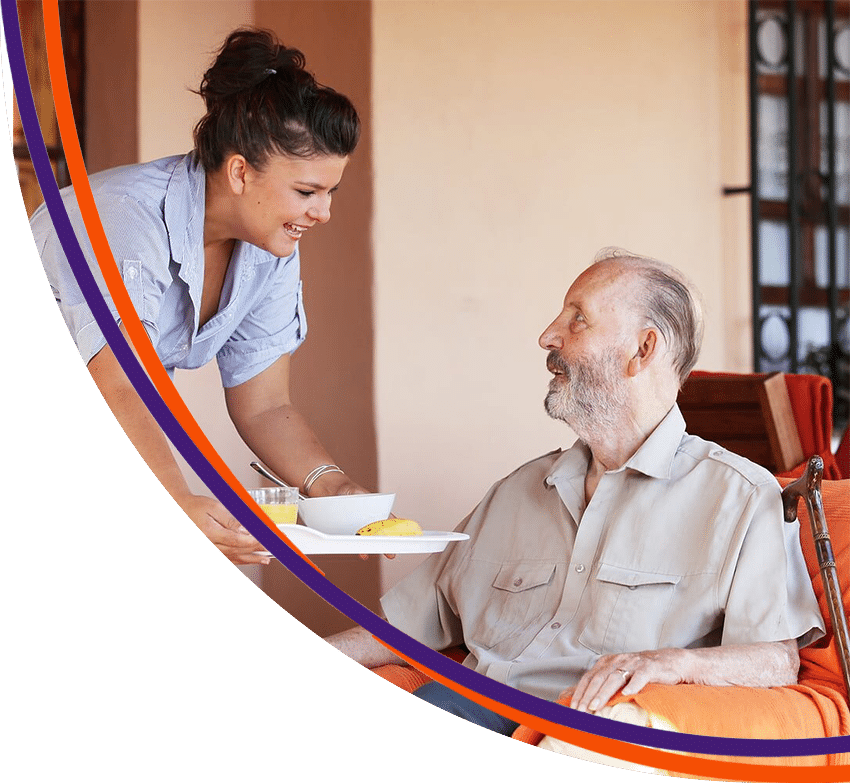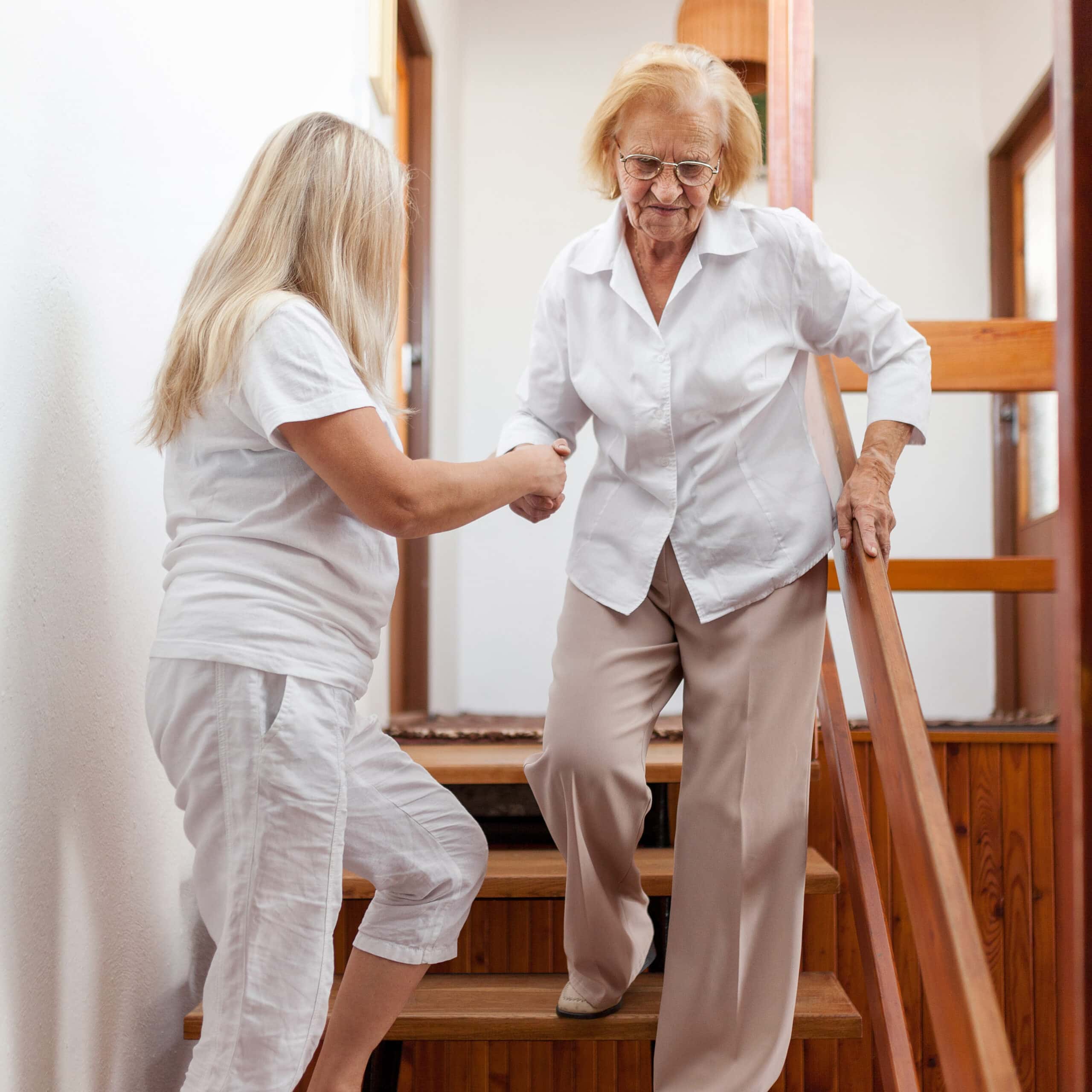Hospital to Home Transition

Providing Hospital to Home Transition in Sugar Land, Greater Houston, Beaumont, Conroe, Huntsville, Lufkin, Livingston, Waco, Friendswood, Texas Hill Country, Austin, as well as Texas Gulf Coast, East Texas, North Texas, and Central Texas.
Essential Services for a Safe Recovery
Residential Home Care offers a range of services to facilitate a smooth transition:
1. Personalized Care Plans
Care plans are based on the patient’s discharge instructions, health needs, and personal preferences. They are designed to support recovery while maintaining comfort and independence.
2. Medication Management
Caregivers help organize and administer medications, ensuring they are taken as prescribed to avoid missed doses or errors.
3. Transportation and Mobility Support
Patients receive safe transportation to follow-up appointments, therapy sessions, or pharmacies. Caregivers also assist with mobility around the home to reduce fall risks.
4. Personal Care Assistance
Help with bathing, dressing, grooming, and other daily activities allows patients to focus on healing.
5. Companionship and Emotional Support
Caregivers provide a comforting presence, reducing feelings of loneliness and boosting morale during recovery.
What Makes the Hospital-to-Home Transition Difficult?
Returning home after a hospital stay often comes with a variety of challenges, including:
- Managing Discharge Instructions: Understanding and following a doctor’s instructions can feel overwhelming, especially when it involves new medications or treatment plans.
- Physical Limitations: Many patients experience reduced mobility or strength, making it difficult to manage daily tasks.
- Emotional Strain: Recovery can take an emotional toll, leading to feelings of frustration or isolation.
- Risk of Complications: Without proper monitoring and support, the chances of setbacks or readmission increase.
How Home Care Supports a Successful Transition
Post-hospital home care bridges the gap between the hospital and home, providing a continuum of support tailored to each patient’s unique needs. Caregivers work alongside healthcare providers to ensure discharge plans are followed and recovery is on track.
Key ways home care helps include:
- Assisting with mobility and preventing falls.
- Ensuring medications are taken correctly and on time.
- Providing daily living support, such as meal preparation and hygiene assistance.
At Residential Home Care, our mission is to provide reliable, friendly, affordable, and capable home care throughout Texas. With main offices in the Houston, TX area since 2012, our teams of skilled nurses, credentialed home health aides, and therapists live and work throughout Texas, where they bring healthcare home to you.

The Benefits of Professional Transitional Care
Choosing professional care during the hospital to home transition provides several advantages:
- Faster Recovery: With consistent support, patients can follow their recovery plans more effectively.
- Fewer Complications: Professional monitoring helps prevent issues that could lead to readmission.
- Relief for Families: Knowing that a trained caregiver is assisting with recovery offers peace of mind for loved ones.
Is Transitional Home Care Right for Your Loved One?
Discharge to home care is ideal for:
- Seniors recovering from surgery, illness, or injury.
- Patients managing chronic conditions or newly diagnosed health issues.
- Individuals who need assistance with mobility or daily tasks during recovery.
Frequently Asked Questions About Hospital-to-Home Care Transition
Caregivers provide transportation to appointments, help the patient stay on schedule, and assist with any follow-up care instructions.
Care plans are flexible and can be updated to accommodate changes in health or recovery progress.
Yes, care can be provided on a short-term basis, whether for a few days or several weeks, depending on the patient’s needs.
Caregivers work closely with healthcare providers and review discharge instructions to make sure all recovery steps are properly implemented.
While it’s not a guarantee, consistent monitoring and support from caregivers significantly lower the risk of complications and readmissions.
Caregivers assist with tasks like bathing, dressing, meal preparation, medication reminders, and light housekeeping to make recovery more manageable.
Services can begin immediately after discharge to ensure a smooth and safe transition home.


